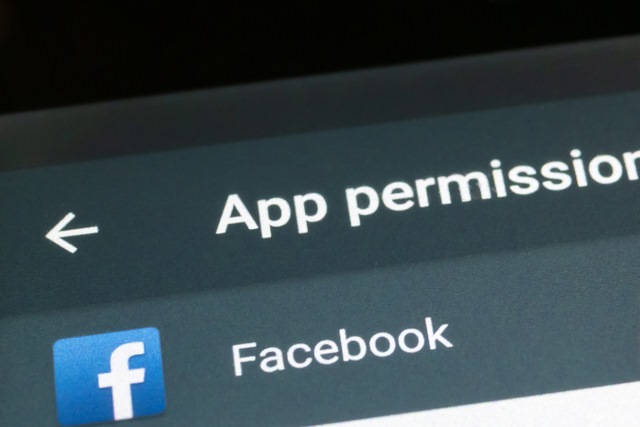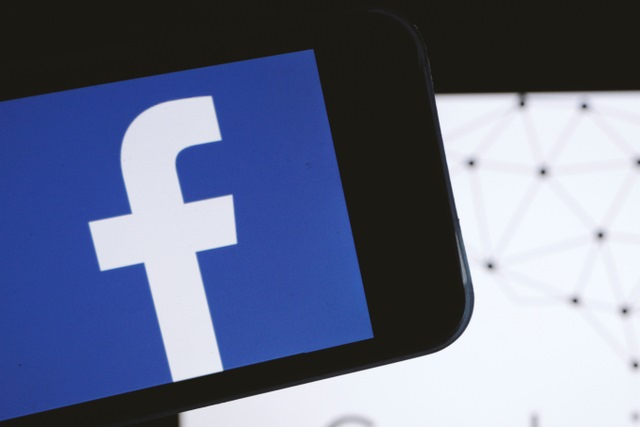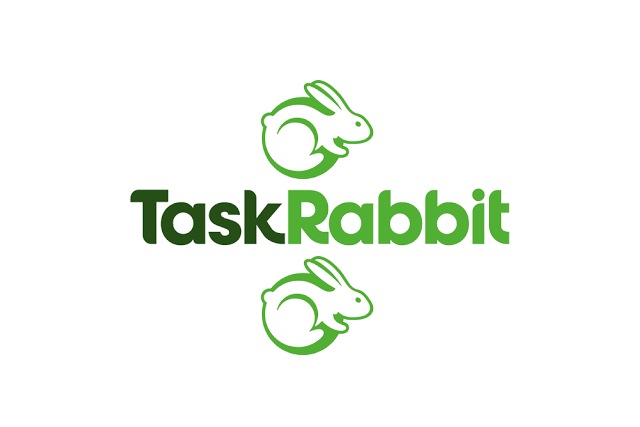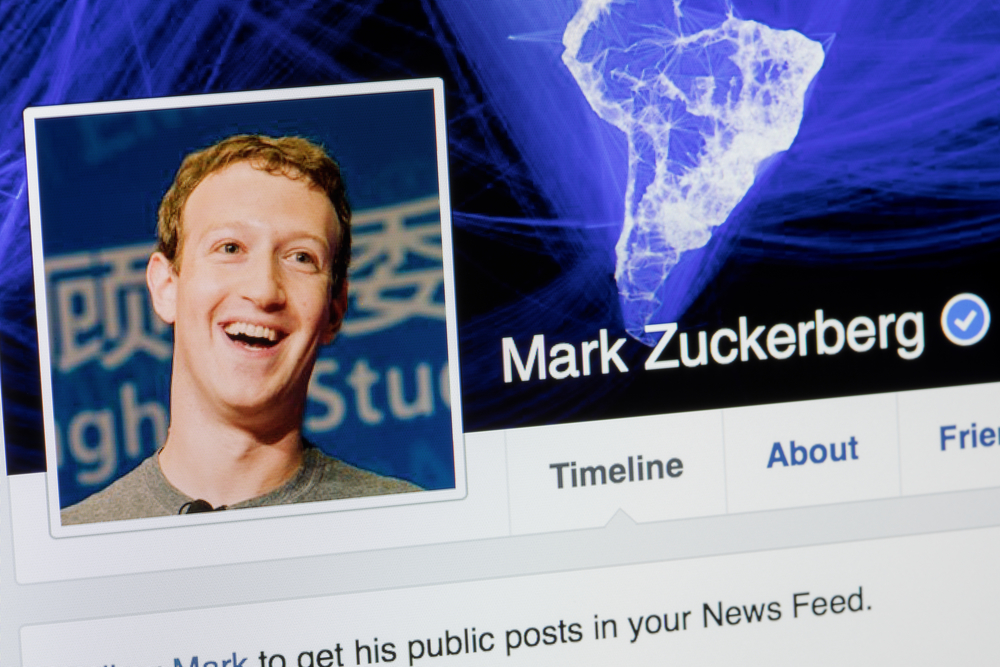
Privacy: How to disable Timeline in Windows 10 April 2018 Update
We've already written quite a bit about Windows 10 April 2018 Update, and there's a reasonable chance that you've taken the plunge and installed it. While there are new features to get excited about, some have people more concerned than excited -- such as Timeline.
In theory, the feature sounds great, making it possible to synchronize your activities between devices, but it's also something of a privacy nightmare. Timelime -- by design and because of its very nature -- gathers a huge amount of information about you and what you do within Windows 10. Thankfully, you can disable it.

WhatsApp raises minimum user age to 16 in Europe and announces data download tool
With new privacy laws due to roll out around Europe next month, WhatsApp has increase its minimum age from 13 to 16.
The Facebook-owned messaging tool has made the change in order to comply with GDPR (General Data Protection Regulation) which comes into force on May 25. To continue to use WhatsApp, users must now confirm that they are at least 16 years old and agree to the privacy policy and terms of services of the newly-created WhatsApp Ireland Limited.

What information do Facebook advertisers know about me?
This is the question Facebook poses and (sort-of-but-not-really) answers in the latest addition to its Hard Questions series. It's the social network's latest attempt to claw back some respect and trust from its users in the wake of the Cambridge Analytica privacy scandal, and it sees the company insisting that "you are not the product".
Whether this is believed or not is neither here nor there. That the company is now having to go to such extraordinary lengths to appear transparent, to try to prove that nothing untoward is going on, is simply indicative of the massive level of suspicion leveled at Facebook.

Facebook sneakily shifts data of 1.5 billion users away from Europe and GDPR
Following the Cambridge Analytica scandal, the spotlight of privacy has been firmly on Facebook. The social network has made numerous promises about offering greater privacy controls to users, and after fears that Europe would end up with greater controls because of GDPR, Facebook then revealed similar tools will be rolled out around the world.
Just a few days ago, the company gave a little more information about these new privacy controls, boasting that it will soon be "offering new privacy protections to everyone, no matter where you live". Sounds great. But it's not -- strictly speaking -- true. And Facebook is being very sneaky once again.

TaskRabbit returns after security breach and reveals 'personally identifiable information' was exposed
The CEO of TaskRabbit has informed users that "certain personally identifiable information may have been compromised" in a security incident that saw the website and app taken offline earlier in the week.
TaskRabbit -- a service that puts "taskers" in touch with people who need help with jobs around the home -- is now back online, and the company is now on a damage limitation exercise, issuing a statement in the name of "trust, openness, and transparency". Stacy Brown-Philpot says that an investigation is still underway to determine what happened, but explains that "preliminary evidence shows that an unauthorized user gained access to our systems".

German government moves to open source private cloud
The German federal government is moving to an open source, self-hosted cloud platform from Nextcloud for file sync and sharing and collaboration, in order to protect the data of its citizens.
The Federal Information Technology Center (ITZBund), which takes care of IT services for the entire federal government, has been running a pilot of 5000 users with Nextcloud since October 2016 and after a successful tender this will now be rolled out everywhere.

Facebook reveals new privacy controls for users around the world
Facebook has been hit with renewed criticism of its privacy policies in recent weeks in the wake of the Cambridge Analytica scandal. Having promised to give users more control over their privacy settings -- and after already introducing some tools to this end -- the social network has now revealed how it will comply with General Data Protection Regulation (GDPR) in Europe and bring new "privacy protection" to users around the world.
With the impending arrival of GDPR, it had previously been thought that European Facebook users would have greater privacy controls than those in other parts of the world. But the company then revealed that GDPR-style privacy controls would actually be made available to everyone. Today, Facebook makes good on that promise, starting the rollout of new privacy settings in Europe and then around the globe.

Facebook: Yep, we track non-users -- but everyone else is doing it, so why shouldn't we?
In a blog post addressing some of the questions Mark Zuckerberg failed to properly answer in front of Congress, Facebook has admitted that it tracks both users and non-users as they use the web. This is something the social network has historically denied.
Facebook's product management director, David Baser, conceded that "when you visit a site or app that uses our services, we receive information even if you're logged out or don't have a Facebook account." Not happy to make this concession without pointing fingers, he then goes on to point out that other companies such as Twitter, Pinterest and LinkedIn behave similarly.

Most companies not prepared to meet GDPR compliance deadline
A new survey reveals that 60 percent of companies are not likely to meet the May 25 deadline for compliance with the new European GDPR legislation.
The study from Crowd Research Partners shows only seven percent of surveyed organizations say they are in full compliance with GDPR requirements today, and 33 percent state they are well on their way to the compliance deadline.
Facebook Messenger issues a privacy review reminder to users
If you're a user of Facebook Messenger and you're in Europe, you may well notice a message popping up suggesting that you check your privacy settings. The reminder comes ahead of the new GDPR laws which come into force next month.
The message tells Messenger users to check their privacy settings by May 25. The date is significant, as this is when GDPR kicks in. While the laws apply to Europe, Facebook has already indicated that it will comply with them around the world.
Privacy: Firefox for iOS now has tracking protection by default and new options for iPad users
Mozilla has launched a new version of Firefox for iOS, and the big news is that it now has Tracking Protection turned on by default.
It comes shortly after the feature was added to the desktop version of the web browser, and protection is enabled by default in both regular and private browsing modes. This release also sees the arrival of some great new features in the iPad version, including tab re-ordering, and drag and drop support for links.

Over 2.5 billion records stolen or compromised in 2017
Almost 2.6 billion records were stolen, lost or exposed worldwide in 2017, an 88 percent increase over the previous year.
Although data breach incidents decreased by 11 percent, 2017 was the first year publicly disclosed breaches surpassed more than two billion compromised data records since Gemalto began its Breach Level Index in 2013.

Zuckerberg Senate testimony shows politicians don't understand Facebook
Dressed in a dark suit and looking pale-faced, Facebook chief Mark Zuckerberg was clearly expecting a tough grilling before the Senate committee.
In fact he was largely let off the hook, facing a series of questions that mainly served to expose politicians' lack of understanding of the social network's technology.

Facebook launches Data Abuse Bounty with rewards of up to $40,000
With at least 87 million Facebook users affected by the data abuse by Cambridge Analytica, the social network is now on a mission to clean up its image. After rolling out tools, issuing notifications, and testifying in front of Congress, Facebook is launching a new bounty program that rewards people who report instances of data abuse.
The Data Abuse Bounty is a new program that offers from $500 to $40,000, and it aims to clamp down on the misuse of data by app developers. Launched just before Mark Zuckerberg's testimonies this week, it's a clear attempt by Facebook to curry favor.

LIVE: Watch Mark Zuckerberg testify before Senate about Facebook privacy at 2:15PM ET
After keeping something of a low profile for a while, Mark Zuckerberg has eventually started to address the Cambridge Analytica scandal. He was asked to testify before Congressional committees, and ultimately agreed to do so. Today is the first of two appearances he will make this week.
At 2:15PM ET, Zuckerberg will speak about Facebook user data and privacy in front of the Senate Commerce, Science and Transportation Committee and the Senate Committee on the Judiciary at the "Facebook, Social Media Privacy, and the Use and Abuse of Data" hearing. You can watch his testimony right here.
